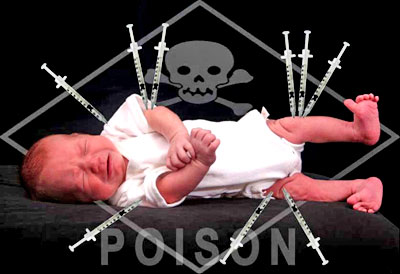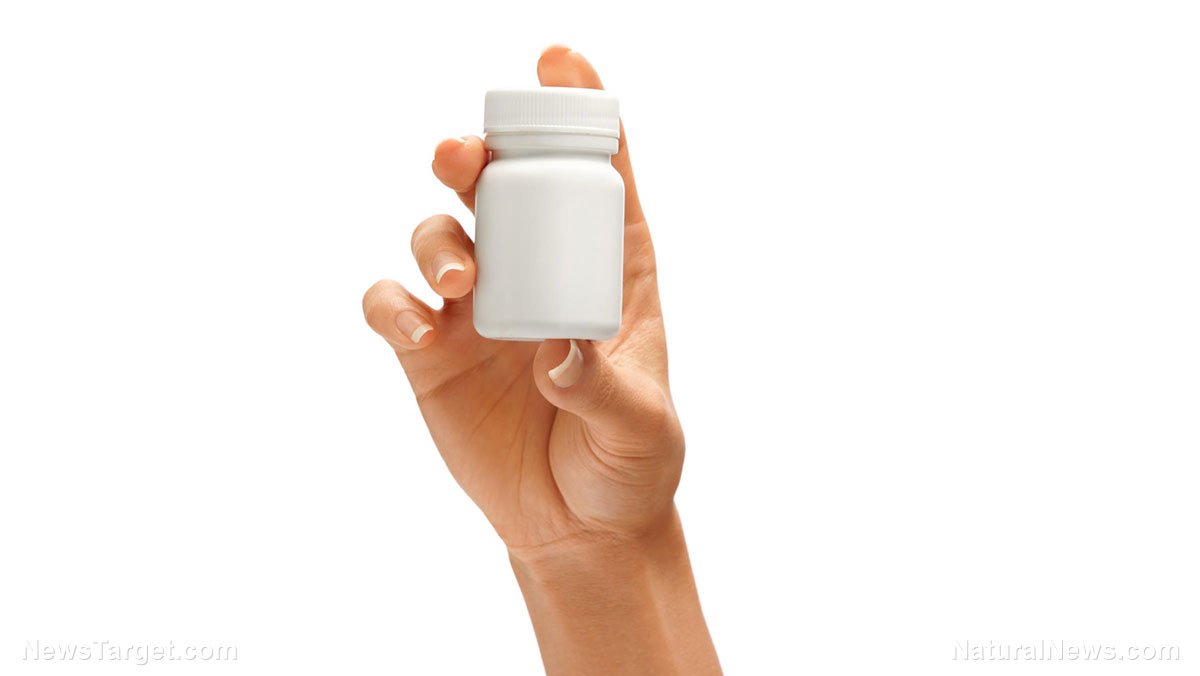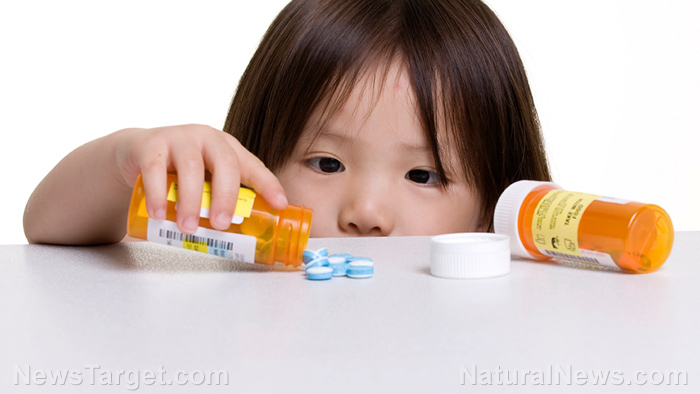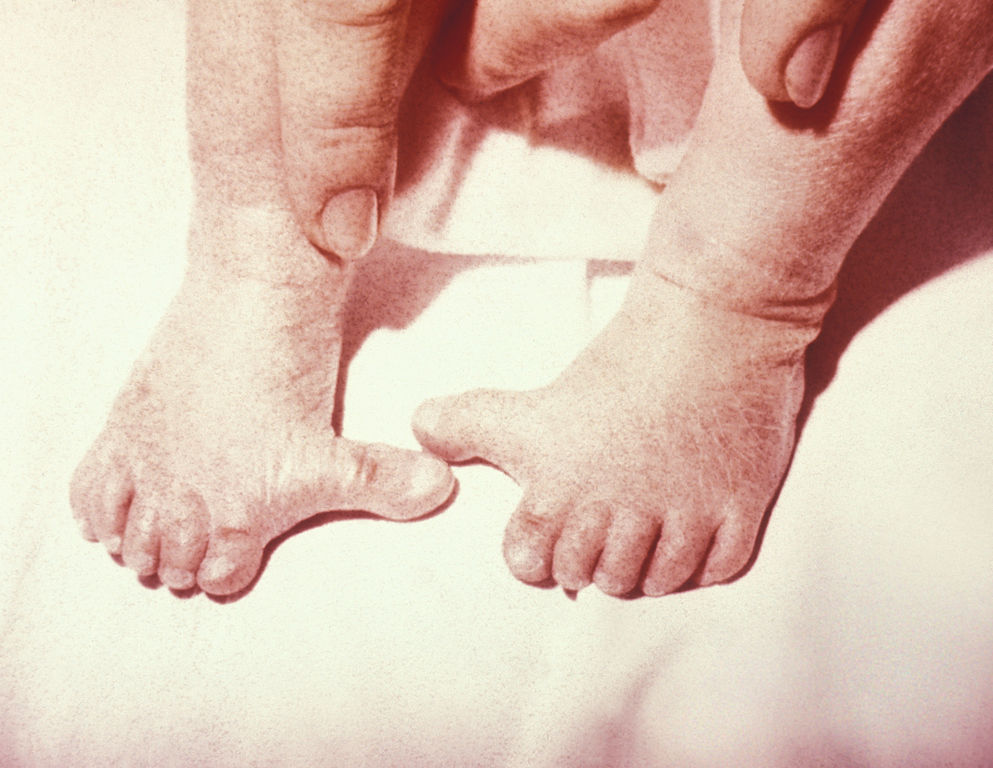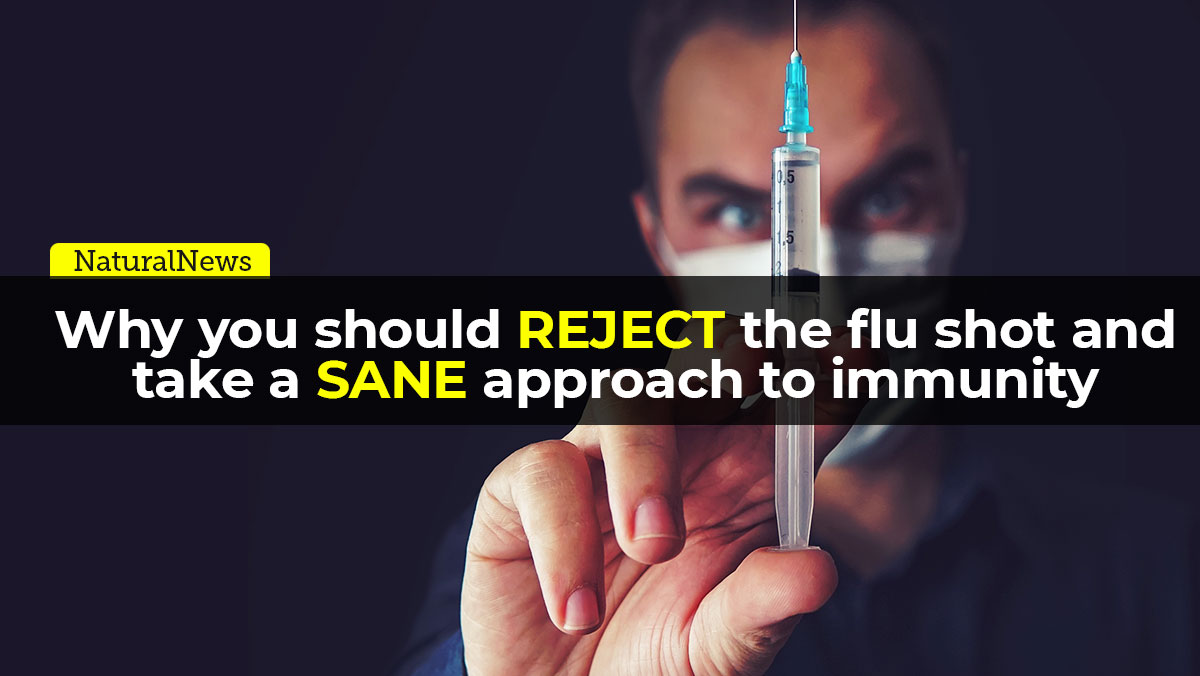Is there a connection between statins and memory loss?
10/30/2018 / By Vicki Batts

Statins are quickly becoming one of the most controversial drugs on the market. Experts say that there are millions of people being prescribed these hazardous drugs for no reason. Pharmaceutical dogma is so deeply ingrained that many people without heart disease are prescribed statins as a “preventive” measure — even though the side effects of the drugs are crippling. Research has shown that the purported benefits of these “medicines” are far outweighed by the consequences.
Statins are associated with a number of deleterious side effects, including memory loss and increased risk of dementia. And to make matters worse, the “science” on statins has been so clouded by Big Pharma, many are beginning to question if statins offer any benefit at all.
Statins and memory loss
As Be Brain Fit reports, the link between statin drugs and memory loss is a top concern. The number of people who are prescribed statin drugs is growing, as is the number of people suffering from cognitive decline. Alzheimer’s disease and dementia are at epidemic proportions, and it turns out some of the pharmaceutical industry’s favorite drugs are making matters much worse.
The connection between statins and memory loss is hard to ignore. As sources explain, the brain is 60 percent fat — and a majority of that fat is cholesterol. In fact, some 25 percent of the cholesterol in your body is found within the nervous system. All of your brain cells are made with cholesterol, and without enough of it, those cells will start to die.
Cholesterol is also necessary for the production of neurotransmitters — the chemicals your brain cells use to transmit signals.
To say your brain needs cholesterol to function properly is an understatement: It is what your brain cells need to survive, as well as communicate. And as Be Brain Fit explains, cholesterol-lowering statin drugs interfere with neurotransmitter production — which ultimately leads to memory impairment and other cognitive issues.
High cholesterol is actually known to help prevent cognitive decline as people age. This raises serious questions about current beliefs about cholesterol, especially in aging populations.
The statin scam
As if the threat of memory loss wasn’t enough, statins are woefully ineffective as preventive medicine. Despite the pharmaceutical industry’s claims that these cholesterol-lowering drugs are worth the risk, experts are now realizing they’ve been duped. Researchers from the University of South Florida have spoken out about the statin scam, stating that in spite of statins’ cholesterol-lowering abilities, the drugs have still “failed to substantially improve cardiovascular outcomes.”
Dr. David Diamond and Dr. Uffe Ravnskov say that “statistical deception” is being used to make exaggerated claims about the effectiveness of statins. As reported:
The effect of the drugs on the population is called the ‘absolute risk,’ which has shown that statins benefit only about 1% of the population. This means that only one out of 100 people treated with a statin will have one less heart attack. Statin researchers, however, don’t present the 1% effect to the public. Instead they transform the 1% effect using another statistic, called the “relative risk,” which creates the appearance that statins benefit 30-50% of the population.
The doctors say that the low level of efficacy and high chance of side effects mean statins aren’t worth the risk. “Increased rates of cancer, cataracts, diabetes, cognitive impairments and musculoskeletal disorders more than offset the modest cardiovascular benefits of statin treatment,” the team states.
Recent research has shown statin drugs can increase your risk of diabetes by up to 50 percent, depending on your age, gender and the dose your doctor prescribes.
Studies have also shown that these drugs can cause damage to your liver, kidneys, and heart. Research indicates that statin-taking patients are more likely to experience reduced heart function, degeneration of the kidneys and more. Big Pharma may say they’re helping people, but their chemical cocktails only seem to make things worse.
Learn more about preventing heart disease naturally and more at Prevention.news.
Sources for this article include:
Tagged Under: Alzheimer's, bad drugs, bad medicine, Big Pharma, brain function, brain health, cholesterol, cognitive function, dementia, disease causes, harmful medicine, memory loss, prevent disease, statin drugs, statins


